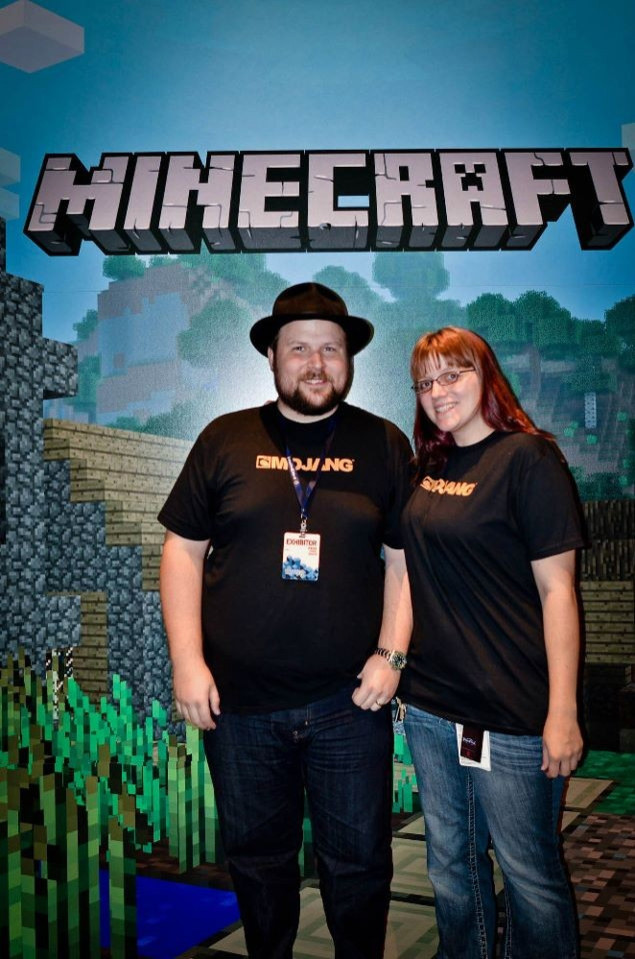'Minecraft: Xbox 360' Sells Over 400,000 Copies In 24 Hours, Shattering Xbox Live Records

Microsoft unofficially announced that Minecraft: Xbox 360 has broken all previous digital sales records, selling more digital copies in its first 24 hours available than any other title in Xbox LIVE arcade history. No official number has been disclosed, but an employee has revealed that over 400,000 copies were sold.
I just looked at the leaderboards and there are over 400,000 people playing...so that will give you an idea at how well it is doing, blogged Larry Hyrb, Xbox Live's director of programming.
Markus Notch Persson, the Swedish game designer who created Minecraft posted on Twitter that the Xbox Live version was a huge success.
Well then. Saw the official sales numbers for the first 24 hours of Minecraft Xbox 360, and it's very, very good, he tweeted. Profitable in an hour.
Notch is no longer working on Minecraft, and has moved on to a new project called 0x10c, a multiplayer online sci-fi game based around space travel in a future where the universe is on the brink of extinction.
Prior to Minecraft, the top selling game in first day sales for Xbox Live was last month's Trials: Evolution, a stunt-bike simulator.
Minecraft: Xbox 360 costs $20 (1600 Microsoft points), which is at the high end for a digital Xbox Live game.
The news demonstrates how well Minecraft has transformed its PC success into console success. Since its creation, Minecraft on PC has sold around 5 million copies, according to Forbes.
The sequential success of Fez, Trials: Evolution and now Minecraft demonstrate what should be clear by now that digital downloads are an important channel, and may become the dominant channel for games in the next generation of consoles, noted Forbes.
Minecraft was first released for PCs in 2009 and hit 25 million registered users on March 26, 2012, selling 5.3 million copies. The game offers players a beautiful pixelated universe where blocks and used to build anything imaginable and users mine and craft the terrain to build their own 3-D worlds.
Notch has previously expressed his desire to maintain his identity as an indie game developer, and has pointed at electronic Arts as the embodiment of everything he wants to avoid.
I'm sure EA is very successful at monetizing games, but the more we don't do what they would do, the happier I am. #nooffense, he tweeted in March 2012.
While Notch moves on to possibly even grander projects, Minecraft appears poised to continue to grow even larger, as the indie community welcomes in a new crop of users.
© Copyright IBTimes 2025. All rights reserved.





















